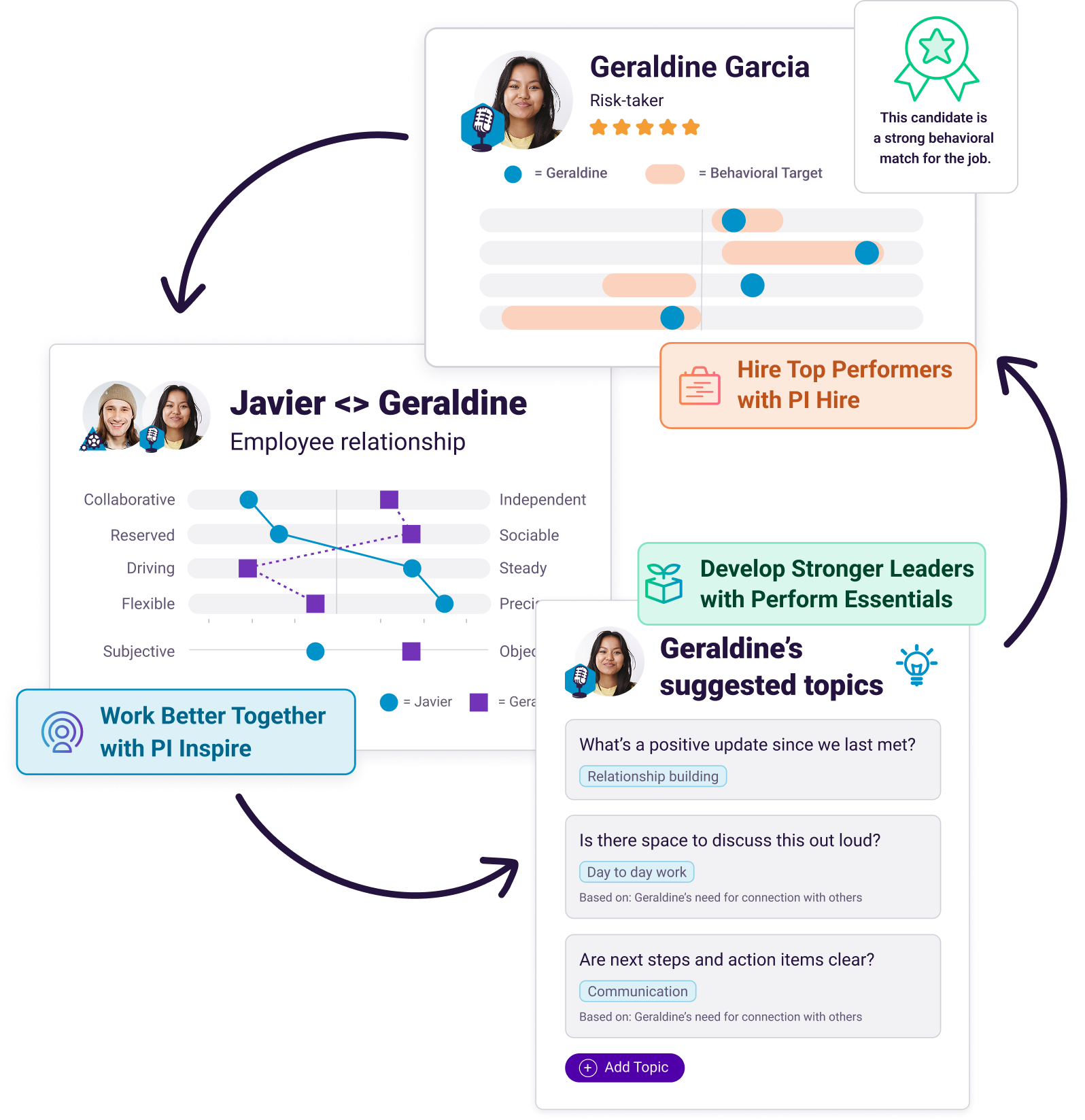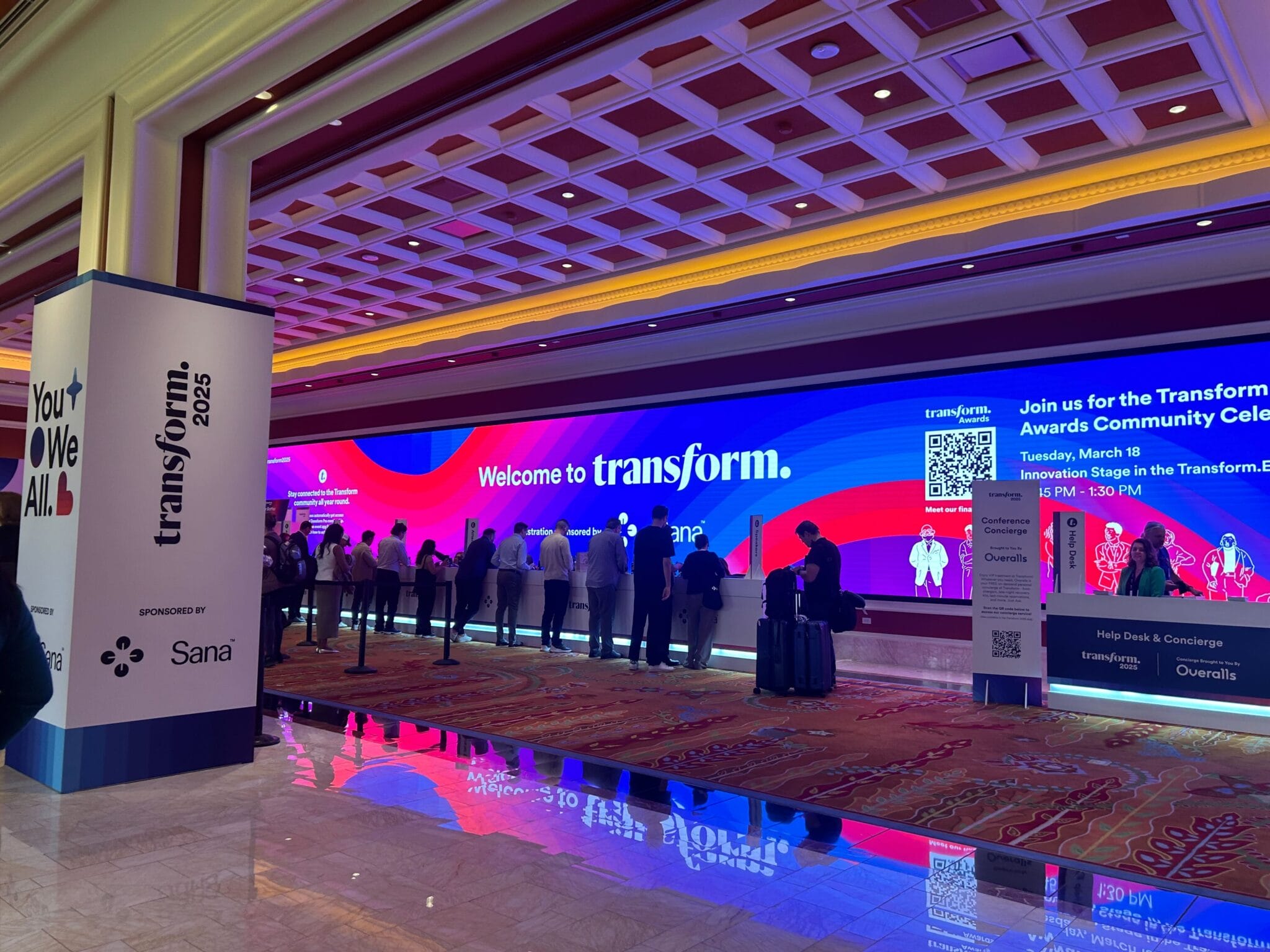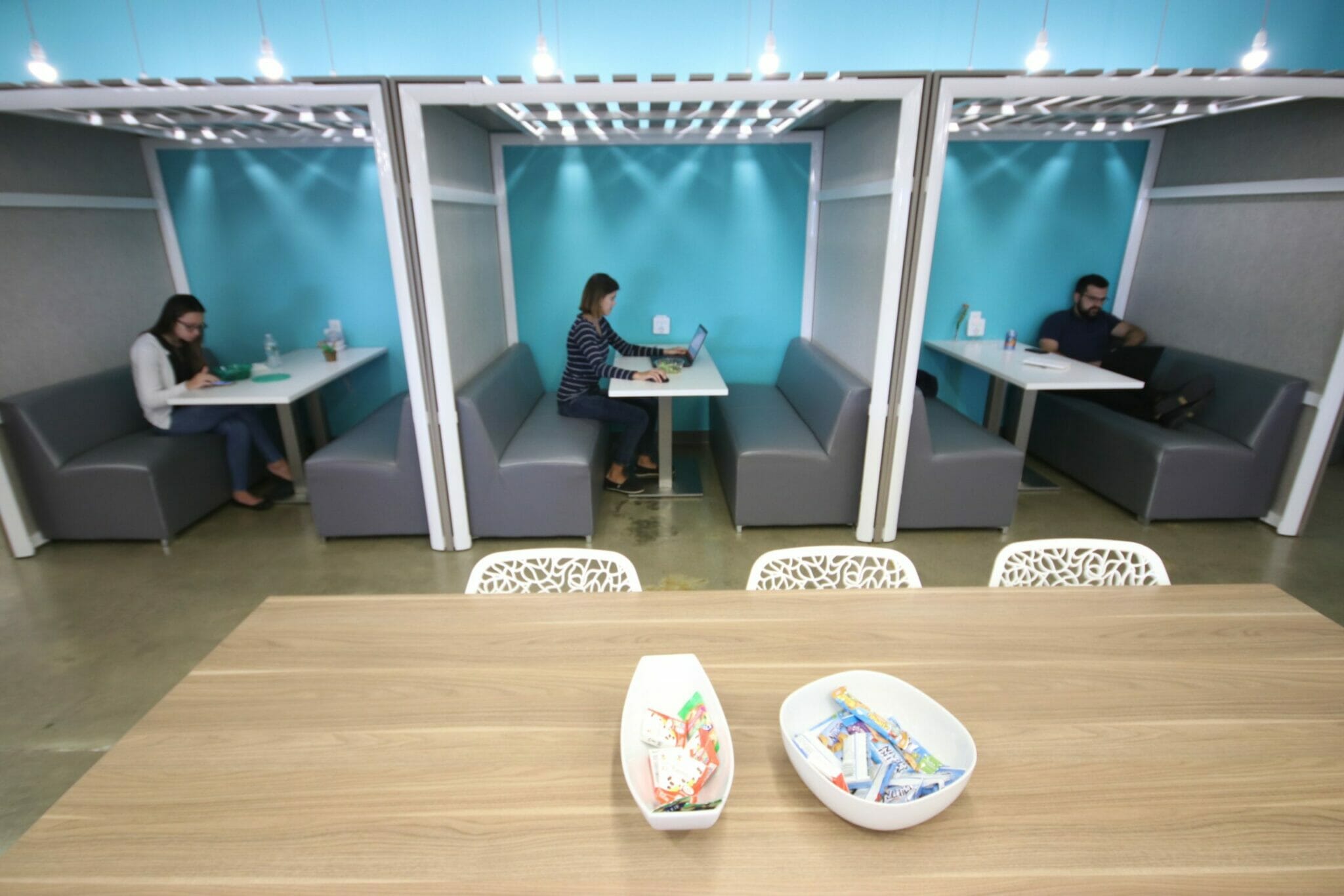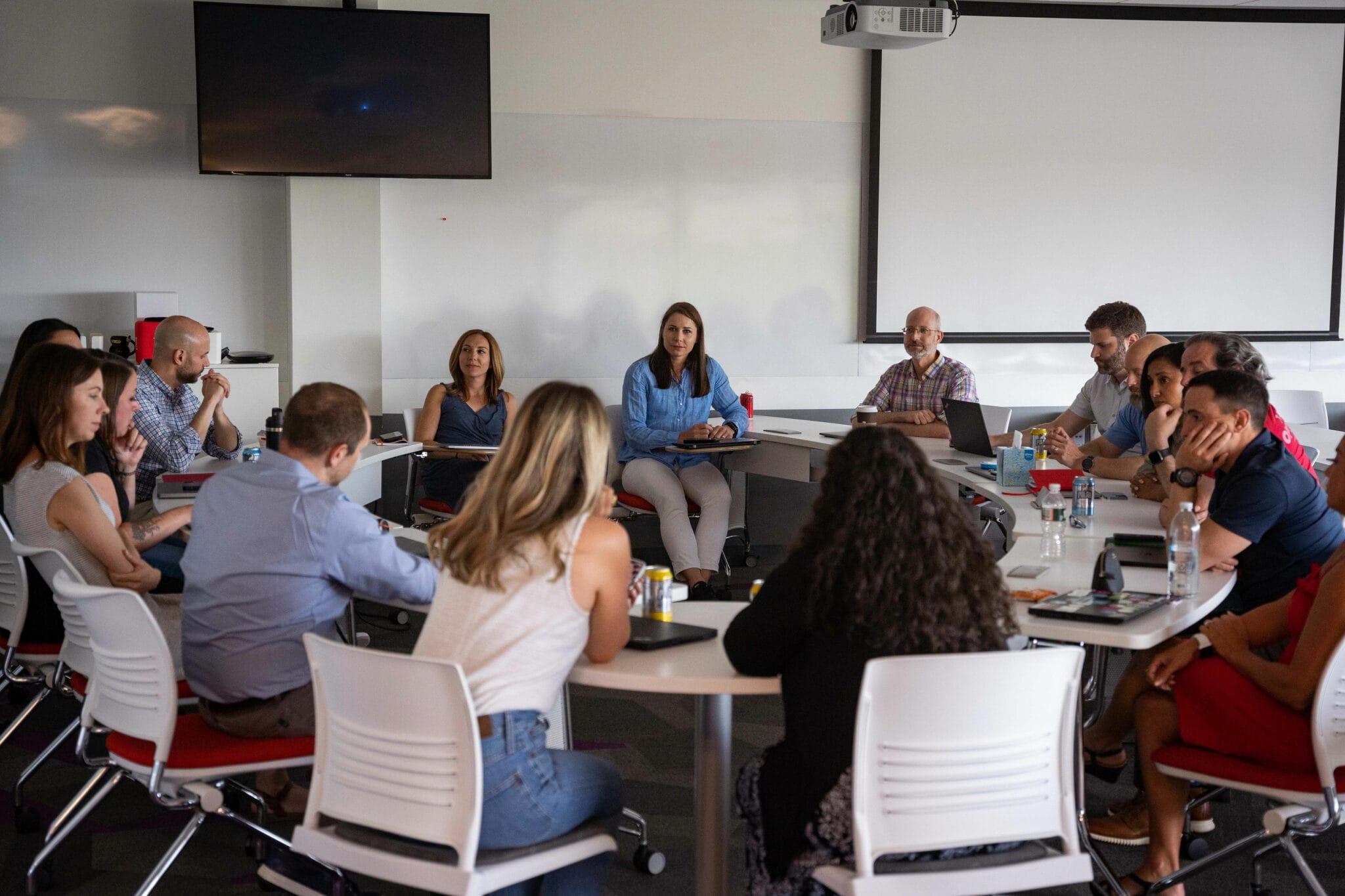Regardless of whether you’re a business leader, manager, or employee, capacity building is essential to taking your business or career to the next level. What is capacity building? It’s the process for learning, improving, and retaining skills that allow you to perform at a higher level. Check out these insights on capacity building from Bob Glazer, CEO of Acceleration Partners.
In 2015, I decided to start sending an email every Friday to my employees at Acceleration Partners. Many CEOs send out weekly wrap-ups, but I wanted this message to go beyond the typical business-related content. Instead, I wanted to provide inspiration for improvement and growth, with the goal of encouraging employees to want to achieve more in all areas of their lives. I named the initial email “Friday Inspiration.”
I thought my Friday emails would be skimmed, at best; maybe even ignored. But to my surprise, employees started telling me they looked forward to the messages each week and were sharing them with friends and family. The weekly emails were also having a noticeable impact within our company. Members of our team started running races, taking bucket list vacations, and improving their professional performance.
After sharing the impact it had with a few other business leaders (who subsequently shared it with their teams), I renamed it Friday Forward, opened it to the public, and encouraged readers to spread it to colleagues, friends, and family. Today, over 100,000 people read it each week, in more than 60 countries.
What I learned from my Friday Forward experiment—and the overall experience of building an award-winning culture at Acceleration Partners—is that the ability to elevate your performance and achieve at a high level stems directly from challenging your limits and building your capacity for growth. And when you do this for yourself, you encourage others to follow. Unlocking this potential—in business and in life—has become an ongoing quest for me.
It’s the driving factor behind my leadership approach to building a world-class company and pushing myself and others outside of their comfort zone. It’s also the basis of my upcoming book Elevate: Push Beyond Your Limits and Unlock Success in Yourself and Others (October 1, 2019).
In my own leadership journey—and in speaking with hundreds of others who have made meaningful and sustained changes in their lives—I’ve discovered there are four essential elements involved in capacity building and all self-improvement: spiritual, intellectual, physical and emotional capacity. Elevating your performance holistically requires working to grow your capacity in each of these areas.
Building capacity is similar to developing a muscle. A person who wants to lift a heavy weight must first work to build physical strength over time. Each of the four capacity-building elements must be improved incrementally and developed consistently.
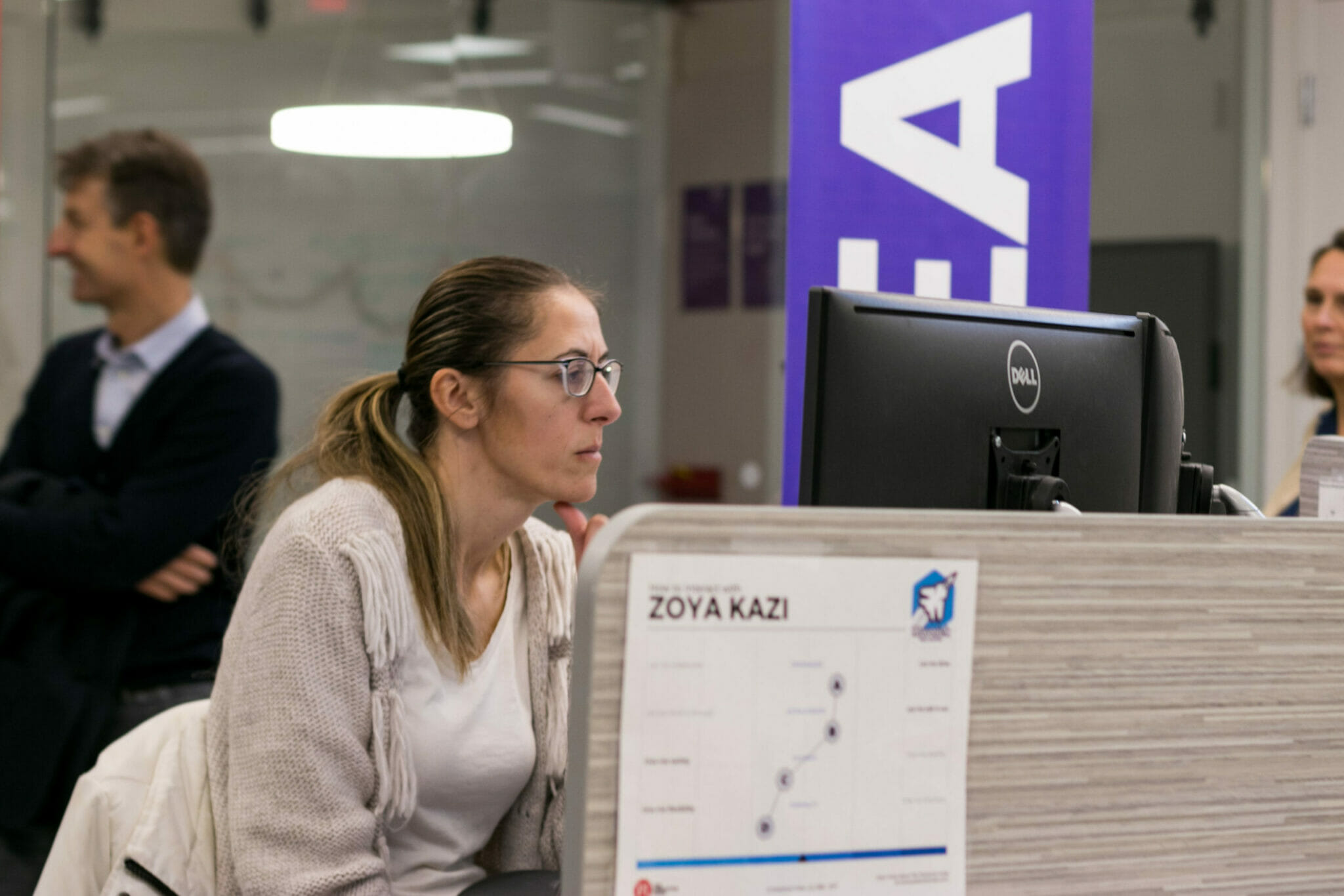
Spiritual capacity
Developing our spiritual capacity requires us to evaluate who we are and what we want most from life, then align that to our daily lives. This starts with determining our core beliefs and values, which can be difficult for many, as it involves deep introspection and self-assessment. Building spiritual capacity is vital to a fulfilling life. If you don’t have a destination in mind, you may waste a lot of time and energy running in the wrong direction.
Discovering my core values and core purpose—and using that awareness to make decisions about my priorities and goals—took my life to a different level. To make this process a bit easier, I created a tool called the Whole Life Dashboard that helps you determine what’s most important to you and how to align to it daily.
Intellectual capacity
Intellectual capacity is about how we improve our ability to think, learn, plan, and execute with discipline. Developing our intellectual capacity often involves setting and achieving goals, developing good routines and habits, and learning continuously. Think of it as improving your operating system.
The greater your intellectual capacity, the more you’ll achieve with the same expenditure of energy or effort. For example, a daily morning routine is one of the common characteristics of high achievers. They use the first 30-60 minutes of the day to get in the right mindset and think about their goals for the day—not to check their social channels and email. In my experience, I’ve seen that people who do this accomplish so much more within the same 24 hours.

Physical capacity
Physical capacity is our ability to improve our health, wellbeing, and physical performance. While our brain helps drive and guide us through life, it’s our body that’s asked to do the heavy lifting day in and day out. That’s why it’s so important to maintain our health and wellness, challenge ourselves physically, manage our stress, and get the proper amount of sleep. When your body is tired and sluggish, or your brain is fatigued, it makes doing anything more difficult.
Building physical capacity goes beyond diet and exercise. It also includes how resilient and well-equipped we are to overcome adversity.
Emotional capacity
Emotional capacity relates to the quality of our relationships and how we react to challenging situations and people. Improving emotional capacity is difficult for most as it requires learning to manage your feelings, evaluate the best and most challenging aspects of your personality, and accept a certain amount of uncertainty and unpredictability from both individuals and circumstances.
For example, if two people have a negative interaction with somebody early in the day, a person with a high degree of emotional capacity can shrug it off, move past it, and continue with their day and their priorities. The person without this capacity is rattled and lets this interaction consume and ruin their entire day. People with high emotional capacity are generally able to cope with challenges quickly and move on from setbacks. They also have positive relationships with people who bring them energy and move away from people who drain their energy.
One of the most important outcomes of building your spiritual, intellectual, physical, and emotional capacity is the exponential impact it has on others—including friends, family, and those around you. It has the effect of “lifting while you climb,” because you’ll inspire the people around you to build their own capacity and follow your example. As you build your own capacity and achieve more, you both inspire and develop the ability to help others to do the same.
Bob Glazer is the founder and CEO of global performance marketing agency Acceleration Partners. He’s also the writer of the popular Friday Forward series and author of Elevate: Push Your Limits and Unlock Success.
Join 10,000 companies solving the most complex people problems with PI.
Hire the right people, inspire their best work, design dream teams, and sustain engagement for the long haul.

